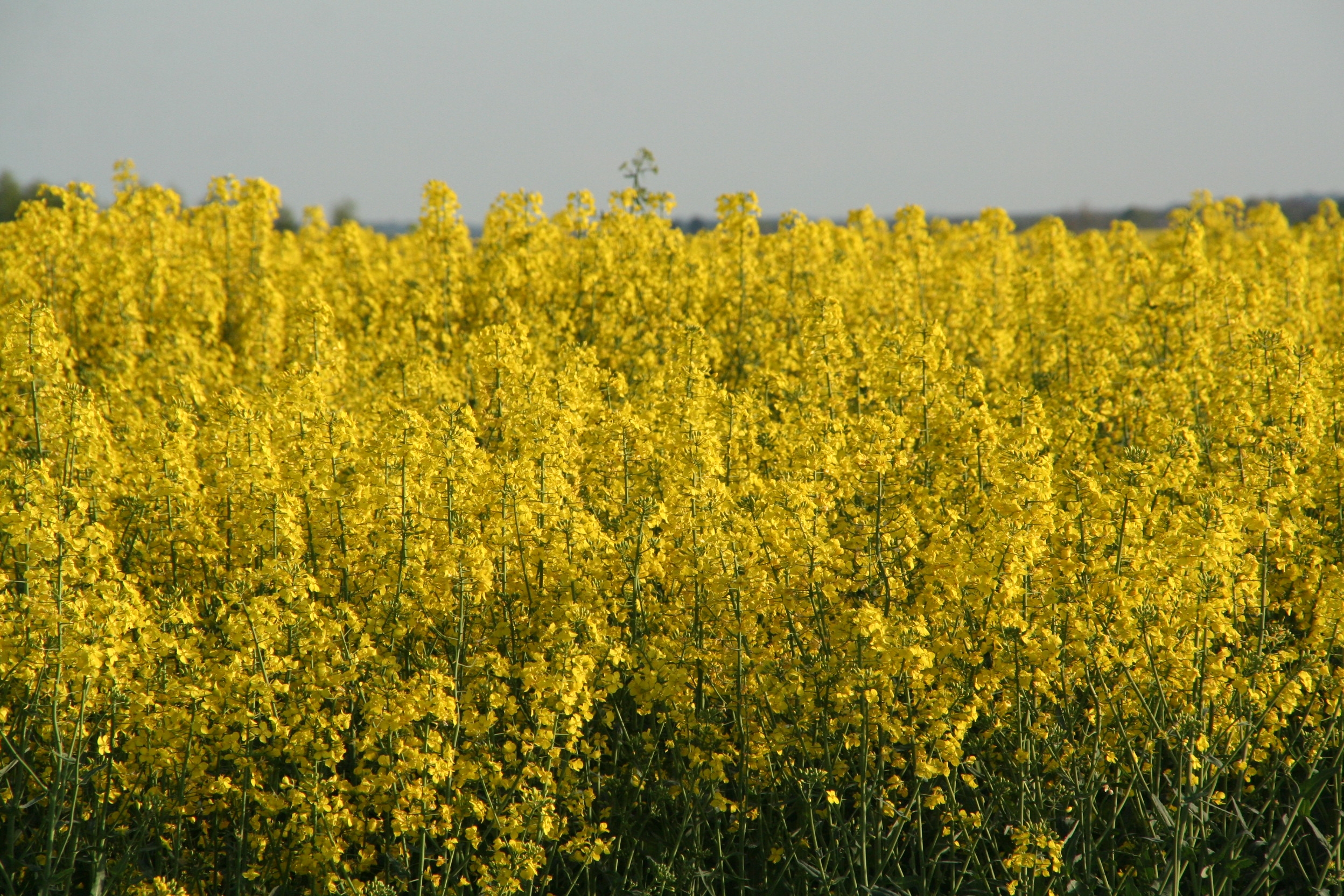
Oilseed rape growers, hoping to make the most of the crop to tackle blackgrass, are being urged by The Voluntary Initiative (VI) to think carefully before applying autumn herbicides.
“The primary objective is to get the best level of grass weed control possible,” says Frontier’s Crop Production Specialist Paul Fogg.
“However, we want to do this in the most sustainable way to maintain as many as possible of the active ingredients currently at our disposal. This is particularly important for carbetamide and propyzamide where resistance is currently not an issue.”
If conditions have been particularly dry, soil cracks can allow applied chemicals to by-pass the crop.
“Many of the active ingredients found in watercourses travel this way,” warns Dr Fogg.
“But cracking in itself is only part of the problem; it’s the timing and magnitude of the first rainfall following an application that’s critical.
“Timing applications to not coincide with heavy rainfall and considering soil moisture status by using forecasting tools, for example Adama’s WaterAware app, will help mitigate field losses.”
Despite the relatively dry autumn, soil cracking seems no worse than usual, notes ProCam’s Head of Crop Production Nick Myers.
“But very heavy rain after application can cause surface run-off into ditches and drains, and it doesn’t take much to breach the 0.1ppb limit for an individual pesticide,” he warns.
“Getting application timing right is essential for optimum weed control and water protection,” says the VI’s Patrick Goldsworthy.
“It’s important growers think carefully about soil conditions before applying OSR herbicides, as their movement through the soil can create a problem for water companies. If there is any doubt about the best application timing for the crop and water protection, the VI advice is to talk to your agronomist.”
